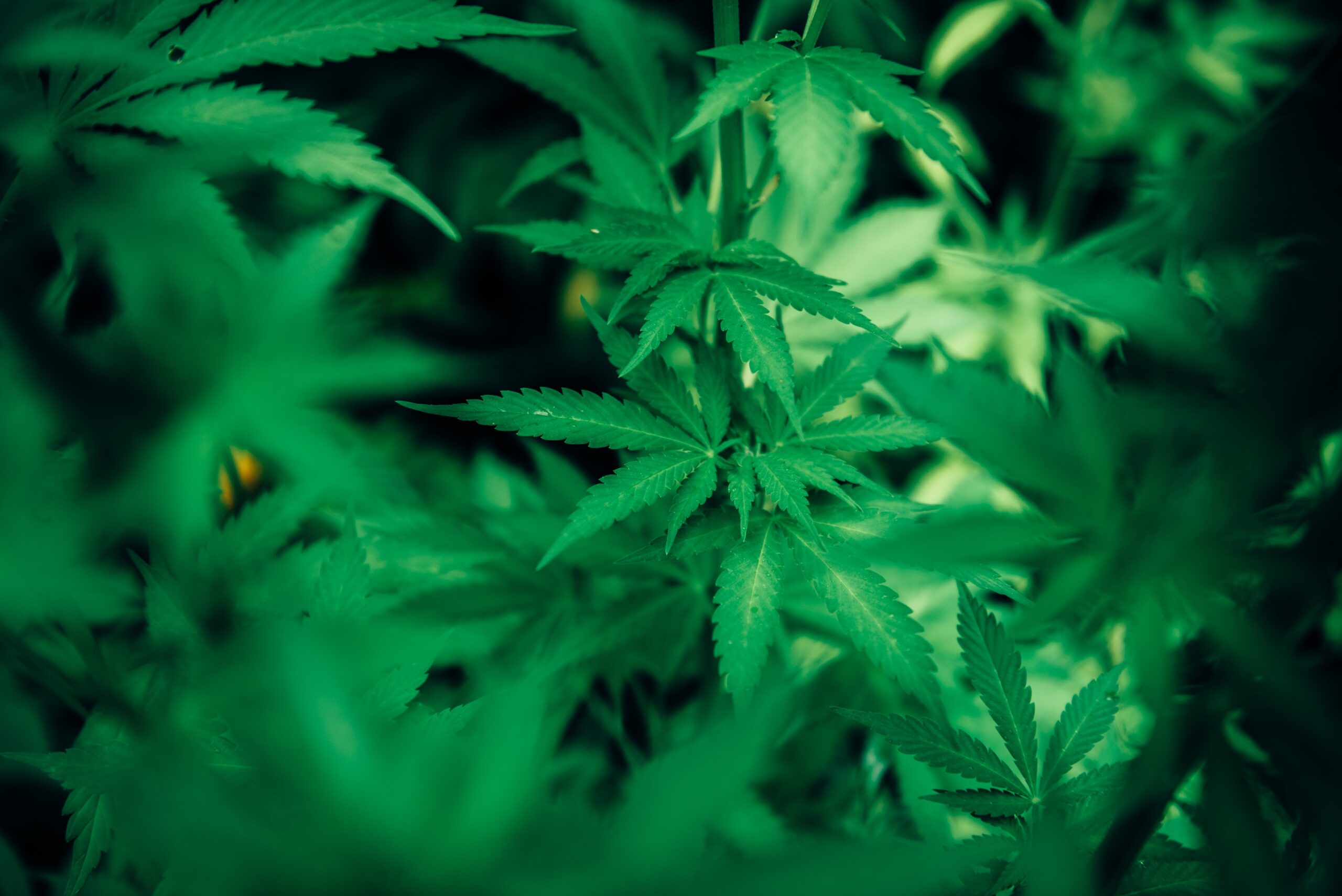THC isn’t very novel to the majority of cannabis users.
In fact, when selecting new cannabis strains and products, THC content is frequently a top priority.
THC, also known as delta-9-tetrahydrocannabinol (or -9-THC), is the cannabinoid most commonly linked to the euphoric “high” that marijuana produces. Despite the fact that cannabis contains hundreds of active compounds and dozens of different cannabinoids, THC is by far the most well-known.
But many individuals become a little confused when the topic of THCa is brought up. What precisely distinguishes THC from THCa, and why does it matter? We’re here to clarify the fundamentals and respond to the most often asked inquiries about the subject.
What does THC Vs THCa mean?
THC and THCa differ from one another in a number of significant ways aside than the addition of one letter to their abbreviated designations.
Tetrahydrocannabinolic acid (THCa), an inactive cannabinoid, is a component of live, recently harvested cannabis that is found in the trichomes.
The psychoactive or active form of the same cannabinoid is THC.
Cannabis that has just been harvested does not contain it.
Chemically, THC and THCa are quite similar, but THCa has an additional carboxyl group. THCa can thus be thought of as THC’s “precursor” in the simplest words possible.
THCa does not successfully bind to the CB1 or CB2 receptors in our bodies’ endocannabinoid systems, in contrast to THC.
It cannot properly fit into the CB1 receptors due to its big, three-dimensional shape. THCa doesn’t fit into a CB1 receptor, so it doesn’t get you “high” since a cannabinoid needs to be able to fit into a CB1 receptor in order to have intoxicating effects.
One of the most widespread myths about marijuana is that it essentially stores THC until it is harvested. However, it just generates THCa. In live or raw marijuana (freshly harvested), there is hardly any THC. So how does THCa transform into THC? Continue reading to learn more about THC Vs THCa.
How does THCa become THC?
Decarboxylation, a chemical mechanism that uses heat and light to remove one carboxyl group from cannabinoids, converts THCa into THC. Your endocannabinoid receptors can interact with different cannabinoids more efficiently when you “decarb.”
In our previous discussion, we mentioned that THCa had one additional carboxyl group than THC. It loses the additional carboxylic acid group during decarboxylation and turns into THC. The alteration in its chemical composition gives it the ideal shape for CB1 receptors, paving the way for the well-known, pleasant effects of THC.
When raw cannabis is heated, it undergoes decarboxylation.
- Sunlight
- elevated interior temperatures
- Smoking, vaping, using concentrates, or performing DIY carboxylation directly exposes you to heat.
Possible advantages of THCa
We still have a lot to learn about THCa because research on it is still very much in its early phases. THCa, though, appears to have some pretty promising promise as a medication thus far.
Here are a few potential THCa advantages that recent research have identified:
- THCa has been shown to have anti-inflammatory qualities in recent research, which was conducted only this year. THCa might also aid in inhibiting the pain- and inflammation-causing enzymes.
- Neurodegenerative disease protection: THCa may act as a buffer against the negative effects of neurodegenerative disorders.
- Anti-nausea: A 2020 study discovered that THCa may be more efficient than THC at lowering nausea and vomiting.
- Reduced obesity: THCa may help reduce obesity and the risk of obesity-related disorders like diabetes and fatty liver disease.
The cannabinoid may aid in addressing insulin resistance and glucose intolerance, two significant contributors to diabetes linked to obesity, according to the same study.
How Much THCa Is a “Good” Percentage?
When attempting to assess potency by looking at the THCa percentage, it’s simple to become confused. Reading labels and lab results can be challenging since the cannabis business hasn’t yet decided on a single standardized approach for providing testing data to customers.
Testing for potency can be done using either liquid chromatography (LC) or gas chromatography, which are two separate techniques (GC). Without getting too scientific, we’ll just say that the same cannabis sample will yield a different potency value using each of these methods. The main difference between the two processes is that the GC method uses high temperatures to decarboxylate the majority of the THCa, whilst the LC approach does not require high temperatures. Therefore, the THCa and THC concentration readings will vary between the two.
Is THCa a THC Adder?
The amount of THC in a certain strain or product is not “added” by THCa. THCa, on the other hand, is THC without decarboxylation.
Thanks for reading about THC Vs THCa on Minedit!


